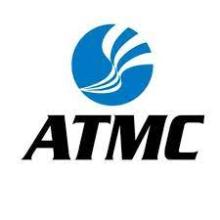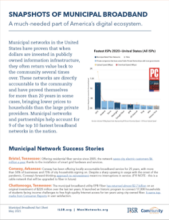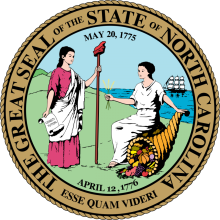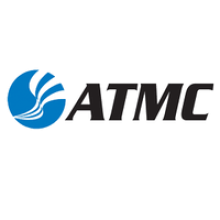ATMC Assures All Members Are Served By Fiber
The Atlantic Telephone Membership Cooperative (ATMC) has worked to meet the communications needs of its members since its inception by the citizens of rural Brunswick County, North Carolina who were without telephone service in 1955. Nowadays, ATMC believes meeting members’ communications needs means ensuring all co-op members have access to gigabit fiber Internet service.
High-speed Internet access is currently available throughout 100 percent of the co-op’s service area in southeastern North Carolina. Most co-op members have access to fiber Internet service already, except for those living in ATMC’s Brunswick County service territory, where ATMC originally began offering Internet services.
Brunswick County is the last county ATMC needs to upgrade to fiber, in order to complete an overarching goal of delivering fiber-to-the-home Internet service to all existing members. The co-op recently announced it will soon start a project to replace all of its copper and coaxial wires in Brunswick County with fiber optic cables. It will cost $100 million dollars and take eight years to complete, but at the end of the project, all of the cooperative’s members in Brunswick County currently served by legacy infrastructure will be upgraded to fiber, offering even faster Internet access speeds and far greater reliability.
In the meantime, ATMC has increased the maximum broadband speed delivered to co-op members in Brunswick County from 200 megabits per second (Mbps) to 600 Mbps, a company press release states. Over 22,000 customers had their download speeds doubled without an increase in price.
“The project is slated to start in January 2022,” according to an ATMC press release announcing the project. “By constructing in the most densely populated communities first, the cooperative estimates that it can convert as many as 75 percent of homes and businesses to the new fiber optic network within the first 60 months.”








